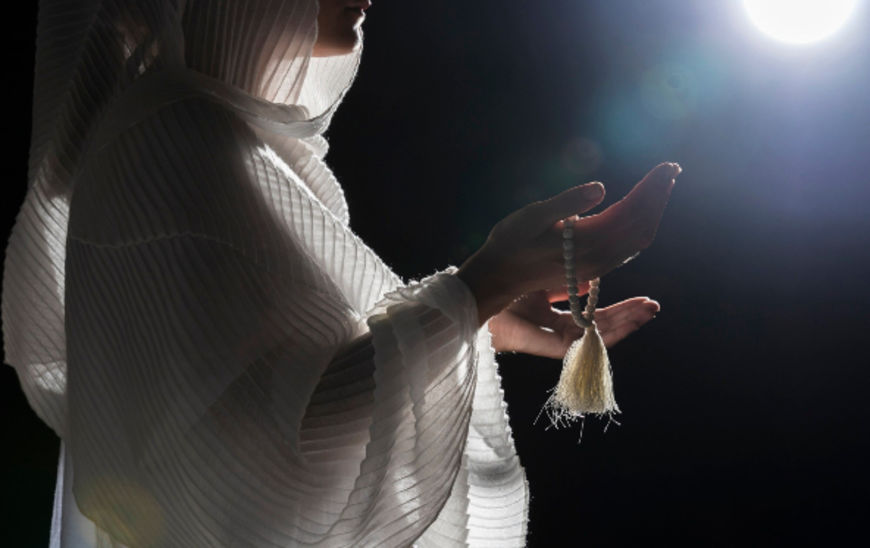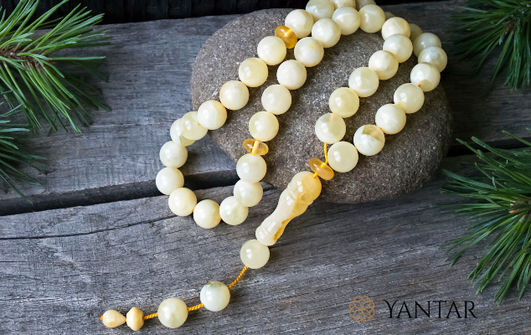
The practice of dhikr (remembrance of Allah) is an essential part of a Muslim's life. It is a simple yet profound way to maintain a connection with Allah and seek His blessings. Dhikr can be done anytime and anywhere, making it an accessible form of worship. Here are 10 easy dhikr phrases every Muslim should know and incorporate into their daily lives:
- SubhanAllah (سُبْحَانَ اللهِ)
Meaning: Glory be to Allah.
This phrase expresses the perfection and majesty of Allah. It is often used to reflect on the beauty and wonder of creation. It is mentioned in the Qur'an:"Glorify the Name of your Lord, the Most High." (Surah Al-A'la, 87:1)
- Alhamdulillah (الْحَمْدُ لِلّهِ)
Meaning: All praise is due to Allah.
A phrase to show gratitude to Allah for His countless blessings. The Qur'an emphasizes gratitude:"And if you should count the favors of Allah, you could not enumerate them. Indeed, Allah is Forgiving and Merciful." (Surah An-Nahl, 16:18)
- Allahu Akbar (اللهُ أَكْبَرِ)
Meaning: Allah is the Greatest.
This declaration is a reminder of Allah's greatness and power, often recited in prayer and daily activities. It reflects Allah's supreme authority over all creation. - La ilaha illa Allah (لا إِلَهَ إِلَّا اللهِ)
Meaning: There is no god but Allah.
This is the essence of the Islamic faith, affirming tawheed (monotheism)."So know, [O Muhammad], that there is no deity except Allah..." (Surah Muhammad, 47:19)
- Astaghfirullah (أَسْتَغْفِرُ اللهَ)
Meaning: I seek forgiveness from Allah.
A phrase to seek Allah’s pardon for sins and shortcomings. The Qur'an says:"And seek forgiveness of your Lord and repent to Him. Indeed, my Lord is Merciful and Affectionate." (Surah Hud, 11:90)
- SubhanAllahi wa bihamdihi (سُبْحَانَ اللهِ وَبِحَمْدِهِ)
Meaning: Glory be to Allah and praise be to Him.
The Prophet Muhammad (peace be upon him) said that whoever recites this 100 times a day will have their sins forgiven. This dhikr is simple yet immensely rewarding. - La hawla wa la quwwata illa billah (لا حَوْلَ وَلَا قُوَّةَ إِلَا بِاللهِ)
Meaning: There is no power and no strength except with Allah.
A phrase to seek Allah’s help in facing challenges. It reminds us of our reliance on Allah alone. - Hasbunallahu wa ni’mal wakeel (حَسْبُنَا اللهُ وَنِعْمَ الْوَكِيلُ)
Meaning: Allah is sufficient for us, and He is the best disposer of affairs.
This powerful dhikr is often recited in times of distress and uncertainty:"Those to whom hypocrites said, 'Indeed, the people have gathered against you, so fear them.' But it [only] increased them in faith, and they said, 'Sufficient for us is Allah, and [He is] the best Disposer of affairs.'" (Surah Al-Imran, 3:173)
- Inna lillahi wa inna ilayhi raji’oon (إِنَّا لِلَّهِ وَإِنَّا إِلَيْهِ رَاجِعُونَ)
Meaning: Indeed, we belong to Allah, and indeed to Him we will return.
This phrase is recited upon hearing news of loss or calamity:"Who, when disaster strikes them, say, 'Indeed we belong to Allah, and indeed to Him we will return.'" (Surah Al-Baqarah, 2:156)
- Salawat (اللهُمَ صَلِّ عَلَى مُحَمَّد)
Meaning: O Allah, send peace and blessings upon Muhammad.
Sending blessings upon the Prophet Muhammad (peace be upon him) is an act of love and devotion. The Qur'an says:"Indeed, Allah and His angels send blessings upon the Prophet. O you who have believed, ask [Allah to confer] blessing upon him and ask [Allah to grant him] peace." (Surah Al-Ahzab, 33:56)
Incorporating these dhikr phrases into your daily routine can strengthen your connection with Allah and bring peace to your heart. Many of these phrases are directly mentioned in the Qur'an, emphasizing their importance. Whether you’re driving, cooking, or taking a quiet moment for reflection, dhikr is a beautiful way to stay mindful of your Creator. Start small, and you’ll find these phrases naturally becoming a part of your life.
May Allah make it easy for us to remember Him often and accept our efforts. Ameen.




 Jewelry
Jewelry Silver amber jewelry
Silver amber jewelry Amber pictures
Amber pictures Souvenirs
Souvenirs